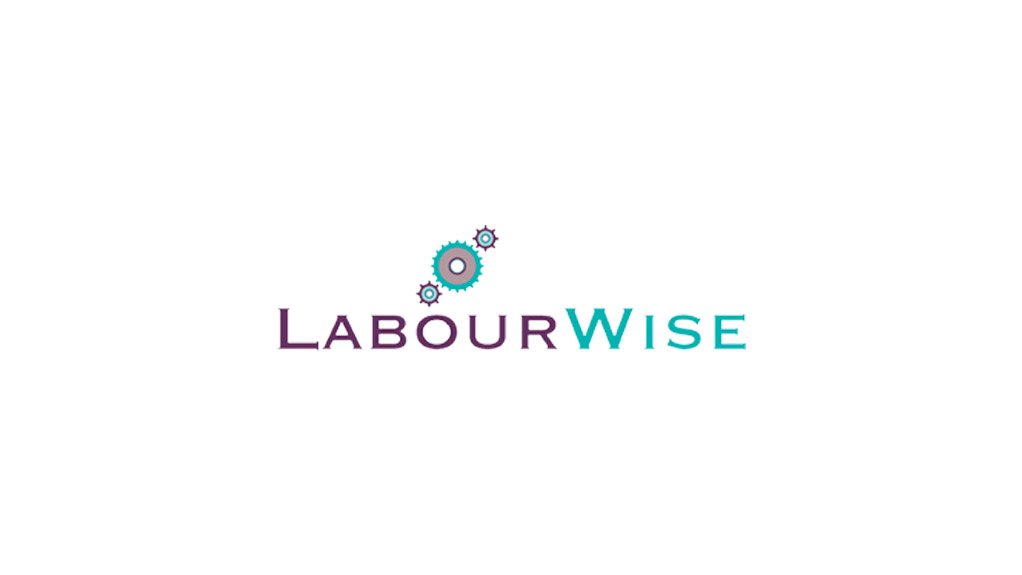People may no longer be prosecuted for cultivating, possessing and using small amounts of dagga for private purposes. But what are the consequences for the workplace?
The recent decision of the Constitutional Court in Minister of Justice & Others v Prince & Others to decriminalise the cultivation, possession and use of dagga for private purposes set the cat among the pigeons for employers. Questions raised by employers include whether employees are now allowed to use marijuana (dagga) during working hours; whether possession of it on the employer’s premises is permitted and whether an employer may still take action against an employee who is under the influence of dagga or has dagga in his system.
Right to privacy
What complicates matters is that the court declared that people have the right to consume cannabis ‘in private’ and not only in the privacy of their homes. This implies that one may also consume cannabis at places other than one’s house, as long as it is not in public. However, as is the case with all human rights provided for in the Constitution, the right to privacy is not an unlimited right.
Workplace rules
The employer’s premises are not ‘private’. Employers may, therefore, implement rules that regulate the possession and use of dagga at the workplace. This may include a total prohibition on its use and possession. In fact, the General Safety Regulation 2A of the Occupational Health and Safety Act commands employers not to allow any person who is or who appears to be under the influence of an intoxicating substance, to be allowed access to the workplace. Neither may an employer allow any person to have intoxicating substances in his or her possession in the workplace. Cannabis is an intoxicating substance.
If there is proof on a balance of probabilities that an employee is under the influence of dagga, the employer would be entitled to take disciplinary action. Depending on the circumstances – e.g. the frequency of transgressions and safety considerations – this could result in dismissal. If the employee can show that he or she has a dependency problem, the matter should – as is the case with alcohol dependency – be treated as an incapacity (ill health) issue. The status quo regarding alcohol and drug possession and use, therefore, remains. Employers should, however, remove references to dagga as an ‘illegal’ substance from their policies and merely refer to it as an ‘intoxicating substance’.
‘Under the influence’
The active compound in marijuana‚ tetrahydrocannabinol (THC)‚ apparently can linger in a person’s system for weeks and even months for heavy users. This means that an employee who legally used cannabis on a Friday evening is likely to show traces of the drug if tested at work on a Monday, but will no longer be under the influence, and is unlikely to be impaired. In other words, even if a person is no longer ‘high’‚ he or she can still test positively for the substance.
The mere presence of dagga will not be sufficient to prove that a person is under its influence. Whether employers can take action against someone for allegedly being under the influence of dagga will depend on whether the substance is still affecting the employee’s ability to function and perform normally. It appears, however, that the tests for cannabis cannot accurately determine this effect. So what can employers do given this uncertainty?
Employers may continue to conduct random tests for alcohol and substance use, or test an employee ad hoc if there is reason to suspect that the employee may have consumed substances that are forbidden at work. Experts say that saliva tests have a relatively short cut-off level - it can show a positive result for THC for about six hours post-use‚ rather months as is the case with urine or blood tests. Employers should consult with experts in the field.
Dagga in system
One way of overcoming the difficulty of establishing whether an employee is under the influence of dagga, is to implement a rule that anyone who is found to have THC in his or her system after a saliva test will be guilty of a disciplinary transgression. Given the employer’s continuing duty under the OHSA to ensure workplace safety, we believe that such an offence can justifiably be regarded as serious. While a first transgression probably will, in the normal course of events, not justify dismissal, a repeat transgression may well result in the ultimate sanction.
Because of the high risk associated with intoxication in respect of certain occupations (e.g. operating heavy machinery, pilots, medical staff or other circumstances where an intoxicating substance poses a risk to the property of the employer or the safety of the employee or others), it is arguable that the mere presence of dagga or any other intoxicating substance in the blood may render the employee unsuitable for the job. An employer could, in respect of such occupations, implement a rule stating that a first transgression of a positive test may justify summary dismissal. However, dismissal remains a measure of last resort and all circumstances should be taken into account before a decision is made to dismiss the employee.
Test
As with alcohol abuse, an employer may take disciplinary action against an employee, without a test, if the effects of cannabis are clearly observable.
Where an employee is tested, such test must comply with s7 of the Employment Equity Act, No 55 of 1998. The employer must also ensure that testing for cannabis is voluntary and confidential. The employer may introduce a condition of employment that makes it obligatory to undergo regular medical testing if employment conditions justify this.
Conclusion
The Constitutional Court judgement has given rise to much speculation and confusion. Employers should therefore educate employees about the implications of the judgment and how it affects them.
Written by Barney Jordaan for www.labourwise.co.za
EMAIL THIS ARTICLE SAVE THIS ARTICLE ARTICLE ENQUIRY
To subscribe email subscriptions@creamermedia.co.za or click here
To advertise email advertising@creamermedia.co.za or click here











